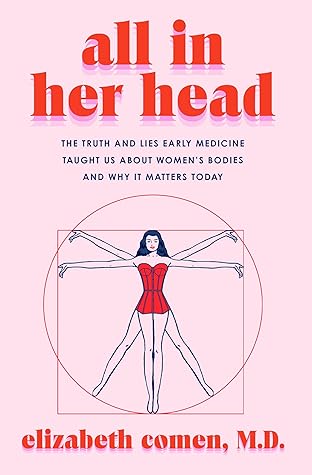In 1868, Parisian anthropologist and surgeon Paul Broca determined that the study of women had become a specific and urgent necessity. The women’s rights movement was beginning to pick up steam in Europe and North America, which was a sinister development in Broca’s view: women reformers seemed set to interrupt the natural order of things, cause a “perturbance of the races,” perhaps even divert evolution entirely. But if doctors and anthropologists could point to scientific evidence of women’s natural inferiority—a destiny literally written into the curves of their skulls—surely these
...more
Welcome back. Just a moment while we sign you in to your Goodreads account.


